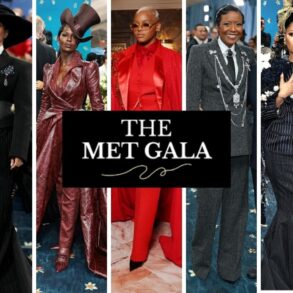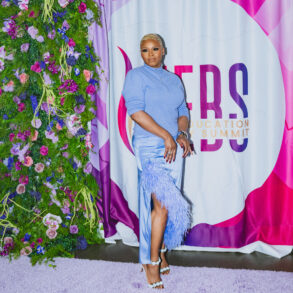Slide decks filled with bikini bods and colourful sarongs are back in the hands of interested buyers as a lengthy pitch for iconic swimwear brand Tigerlily hits inboxes just in time for summer.
Deloitte was appointed to sell the business by private equity owner Crescent Capital in October, three years after emerging from voluntary administration. Crescent is seeking to ride the wave of interest in Australian apparel as rival Seafolly is traded to an Asian buyer for $70 million in a tough trading environment for discretionary retail.

Deloitte’s Aaron Black and Clarissa Matos positioned Tigerlily as a homegrown, premium resort and swimwear and lifestyle brand, in a 74-page investment memorandum obtained by Street Talk, with growth opportunities via US expansion and the introduction of new categories like yoga wear and sleepwear and an expanded size range.
The label is distinguishable by its bold colours and bohemian prints. It has been a staple in Australia’s retail fashion scene since 2000, catering largely to women under between 25 and 34 with apparel items priced around the $100 – $250 mark.
Despite its origin in swimwear, apparel makes up 67 per cent of its revenue, according to the IM. Another 19 per cent comes from swimwear and the remainder across accessories, homeware and footwear. It pulled in $18 million revenue in financial year 2023 and has seen its revenue grow 34 per cent over the past three years after a bumpy period. Prior to VA, Tigerlily had annual sales around the $35 million mark.
The cost of goods sold totalled $7.5 million in FY23, putting the net margin at 59 per cent. Operating expenses grew to $13.6 million, meaning normalised EBITDA slipped to negative $2.6 million or a normalised EBITDA margin of negative 14.1 per cent.
Deloitte reckons the brand can double revenue to $44 million, EBITDA to $3 million and EBITDA margins to 7 per cent by FY27 via an aggressive three-year growth strategy including channel and category expansion and US market growth. It’s targeting profitability by FY26.




Sources told Street Talk Tigerlily had a ripper Black Friday with the number of transactions across retail and online up 24 per cent and net sales (gross sales less returns and discounts) up over 25 per cent for the month to the November sales weekend.
Online growth
Tigerlily distributes via 10 brick-and-mortar retail stores, 40 wholesale partners in Australia and the US and its growing online channel, which accounted for 44 per cent of revenue in FY23. It has 137,000 active email subscribers and 53 per cent of its online revenue in FY23 came from returning customers. It launched a US website in 2022 and has grown revenue to $100,000 per month.
Deloitte is pitching to potential trade buyers, including several slides on the benefits of “combining operations and leveraging scale with another brand” which they say will help Tigerlily be EBITDA positive by FY25 and reduce its cost base. It’s positioned the brand alongside retailers Spell, Auguste and Arnhem in terms of pricing and brand identity.
Tigerlily was acquired by Crescent Capital from a then debt-laden Billabong for about $60 million in 2017. It fell into voluntary administration in March 2020.
The brand was founded by former swimsuit model Johdi Meares, the ex-wife of James Packer, in 2000 and sold to Billabong in 2007. Crescent brought former Esther & Co Travis Wright to run the label in 2021.
This post was originally published on this site be sure to check out more of their content.








